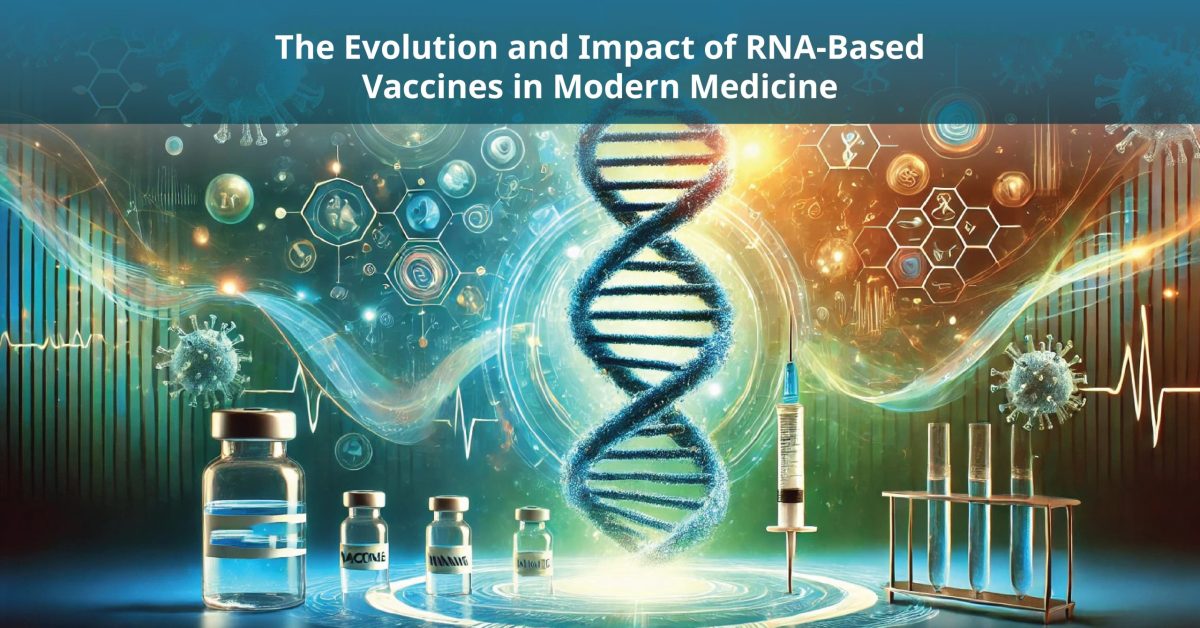Vaccines that have been manufactured can be regarded as one of the biggest achievements in medical science, as they have significantly aided in the fight against diseases. Among all the available vaccine technologies, RNA-based vaccines, with their possibility of revolutionizing vaccination, have become very significant, especially concerning the COVID-19 pandemic. These vaccines make use of the buyer’s individuality to create specific antigens that cause an immune response in the body. In a similar manner as mRNA, RNA vaccines employ the concept of developing a vaccine that includes the recipe for producing viral proteins within the person’s cells. This approach has not only accelerated the process of creating vaccines for new and re-emerging infectious diseases but also may be used to tackle many other diseases, such as cancers and genetically inherited diseases.
The Mechanism Behind RNA Vaccines
RNA vaccines are designed to provide a replication of incompetent synthetic RNA of the mRNA within the virus that encodes a viral protein, usually the spike protein in the case of COVID-19 vaccines. It then enters the cells of the human organism, and the vegetable mRNA is then translated into the viral proteins. This protein is then transported to the cell’s surface and is apprehended by the immune system of the body, launching an immune response. This response encompasses producing antibodies and stimulating T cells that assist in the prevention of infection if the person is exposed to the real virus in the future.
Historical Context and Development
The general idea of employing RNA for therapeutic purposes was developed a long time ago, but it has been met with several issues. The Cytokine project in the early 1990s probed significant outcomes, but due to some pitfalls like RNA instability and delivery challenges. However, the above challenges are now an issue of the past due to the progress in biotechnology, especially in the creation of lipid nanoparticles for the delivery of RNA.
The actualization of such opportunities has been realized through the advances in and implementations of mRNA vaccines in the current COVID-19 outbreak. Pfizer-BioNTech and Moderna manufactured vaccines within a relatively short time; they provided high efficacy rates in clinical trials and received emergency use authorization globally. Mentioned below are some of the highly effective vaccines that have changed the tide in minimizing the cases of COVID-19 and have opened doors for other RNA treatment solutions.
